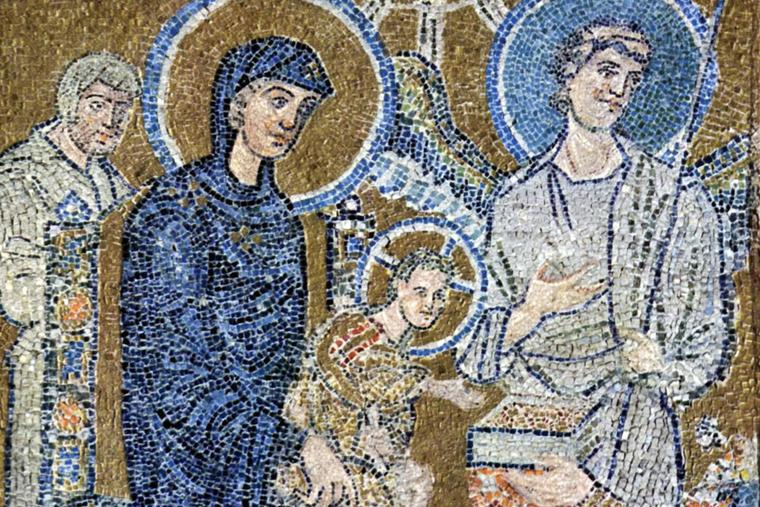- Feb 5, 2002
- 166,616
- 56,251
- Country
- United States
- Faith
- Catholic
- Marital Status
- Married
- Politics
- US-Others
In God’s providence, the Gospels complement each other and have different emphases — but not everyone seems to realize that
An atheist and former Christian, very active online, decided to savage St. Matthew’s Christmas story when he was looking for something to do in December 2018. Our friend wrote that Matthew “says nothing whatever about the night Jesus was born. No stable, no shepherds, no angels.” But where did he get the notion that Matthew had to do that? In other words, I question the false premise. Where is it written that every Gospel account must include details of Jesus’ birth? Christians believe that, in God’s providence, the Gospels complement each other and have different emphases.
What in the world is wrong with that? Luke was the one with the details of the birth and the Annunciation nine months prior. Matthew just offers a few bare facts (“Jesus was born in Bethlehem of Judea in the days of Herod the king”: 2:1), Mark offers none (he starts with John the Baptist and Jesus at age 30, at the start of his public ministry), and John has no “birth facts” (he begins with theological words about the Blessed Trinity, the incarnation, and the divinity of Christ; again, a different emphasis). But these are the sorts of altogether expected differences that atheists are quick to stupidly chalk up to supposed “contradiction” or inexplicably differing ways of telling stories and recounting historical facts.
The wise men visited Jesus in a house (not a stable) one or two years after Christmas, with Jesus described as the Greek equivalent of a “toddler” (paidion). My atheist friend noted all this, yet it wasn’t sufficient to overcome his “problem” with the biblical texts. For Christians and objective readers, obviously two different accounts at different times are in play. So why is it an issue? It was the Bible scholars in the first place who told us that the wise men actually visited one or two years later and not on Christmas night. The time of the visit of the wise men is not nearly as important as the fact that they visited Jesus at all. The time isn’t theessence of it.
Continued below.

 www.ncregister.com
www.ncregister.com
An atheist and former Christian, very active online, decided to savage St. Matthew’s Christmas story when he was looking for something to do in December 2018. Our friend wrote that Matthew “says nothing whatever about the night Jesus was born. No stable, no shepherds, no angels.” But where did he get the notion that Matthew had to do that? In other words, I question the false premise. Where is it written that every Gospel account must include details of Jesus’ birth? Christians believe that, in God’s providence, the Gospels complement each other and have different emphases.
What in the world is wrong with that? Luke was the one with the details of the birth and the Annunciation nine months prior. Matthew just offers a few bare facts (“Jesus was born in Bethlehem of Judea in the days of Herod the king”: 2:1), Mark offers none (he starts with John the Baptist and Jesus at age 30, at the start of his public ministry), and John has no “birth facts” (he begins with theological words about the Blessed Trinity, the incarnation, and the divinity of Christ; again, a different emphasis). But these are the sorts of altogether expected differences that atheists are quick to stupidly chalk up to supposed “contradiction” or inexplicably differing ways of telling stories and recounting historical facts.
The wise men visited Jesus in a house (not a stable) one or two years after Christmas, with Jesus described as the Greek equivalent of a “toddler” (paidion). My atheist friend noted all this, yet it wasn’t sufficient to overcome his “problem” with the biblical texts. For Christians and objective readers, obviously two different accounts at different times are in play. So why is it an issue? It was the Bible scholars in the first place who told us that the wise men actually visited one or two years later and not on Christmas night. The time of the visit of the wise men is not nearly as important as the fact that they visited Jesus at all. The time isn’t theessence of it.
Continued below.

What an Atheist Gets Wrong About St. Matthew’s Christmas
In God’s providence, the Gospels complement each other and have different emphases — but not everyone seems to realize that
